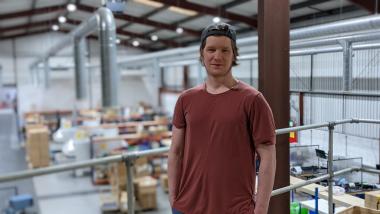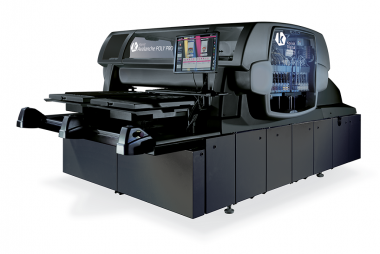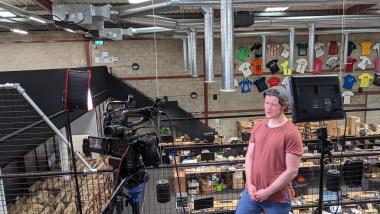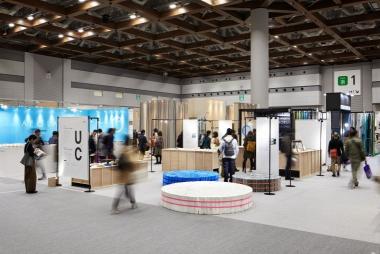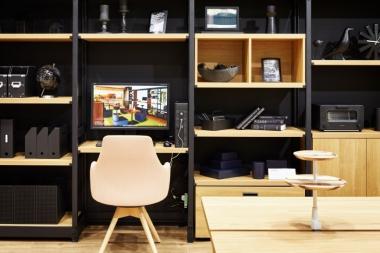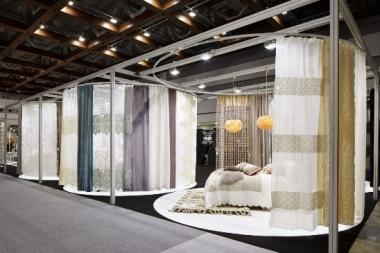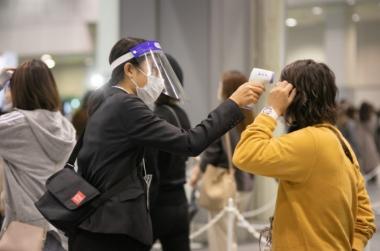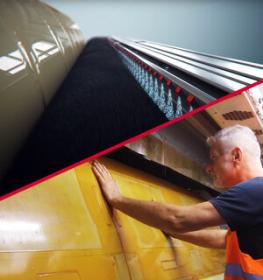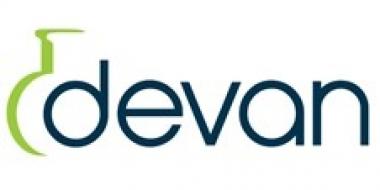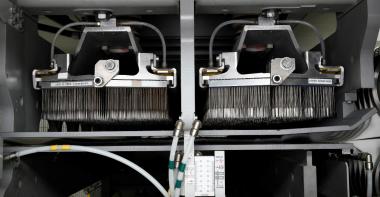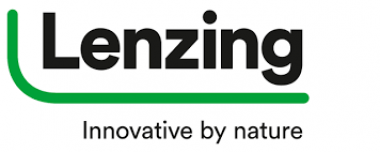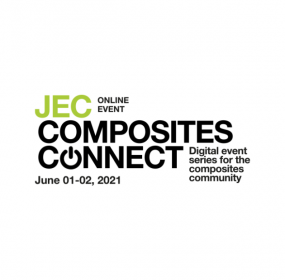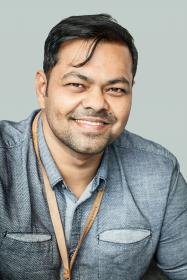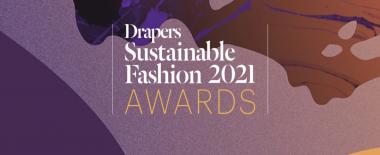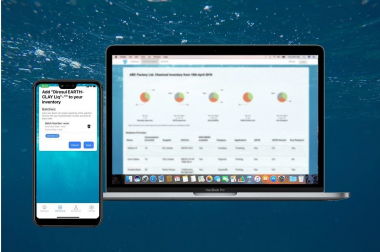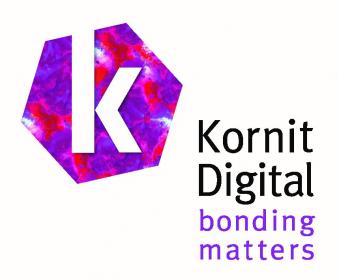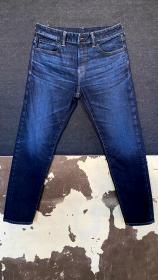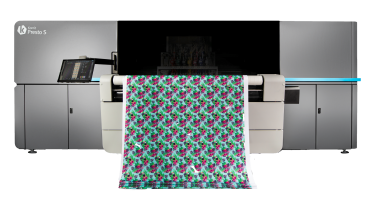Kitlocker Implements Kornit Avalanche Poly Pro for Efficient, Versatile Sportswear Production on Demand
The machines are quick and reliable, with very little downtime, which is massively important to me as a business owner.”
Kornit Digital (Nasdaq: KRNT), a worldwide market leader in digital textile printing technology, announced United Kingdom-based Kitlocker has implemented two Kornit Avalanche Poly Pro systems for efficient, retail-quality production of branded and customized apparel on demand.
Kitlocker operates within several sectors of the sports and leisurewear market, providing team gear for schools, football clubs, and other sporting organizations, managing e-commerce platforms on behalf of those organizations. Enabling their customers to embellish popular styles on demand, in any quantity, drove them to explore available technologies for speed and versatility, particularly regarding polyester apparel, a cornerstone of sportswear. Kornit’s Poly Pro system is the only single-step digital direct-to-garment (DTG) technology developed specifically for imprinting polyester and poly-blend materials, extending the company’s patented process for waste-free production with durability, precise graphic detail, and the broadest colour gamut to popular sports and athleisure apparel.
“The Kornit Avalanche Poly Pro allows for far superior quality of finish for embellishment compared to traditional print techniques,” says Mike Kent, Co-Owner of Kitlocker. “When we were shopping around for alternatives, it was obvious the sort of single pass, and its ability to print on polyester, was certainly market-leading—there was no alternative that could do that. The machines are quick and reliable, with very little downtime, which is massively important to me as a business owner.”
According to Kent, the technology has enabled Kitlocker to approach new markets that had always been off-limits previously, driving incremental business and building out new product ranges. The process lent itself to simple integration with their workflow and online design tools, empowering customers to visualize their own pieces and receive finished gear, with superior retail quality and precise logo colour matching, in mere days.
“The system allows us bigger print areas, more colours, and more elaborate designs, and our customers to uniquely embellish their garments on a wide range of products from different brands with lots of different kinds of creative outputs,” adds Kent.
“Our systems help brands like Kitlocker sync supply with demand, eliminating waste and making them more reactive to customer needs,” says Chris Govier, KDEU Managing Director. “Kornit Avalanche Poly Pro extends the efficiency, sustainability, quality, and logistical benefits of digitization to the booming sports and athleisure apparel market. Being able to give their customers the widest assortment of gear, customized in any quantity, on demand, is a winning game plan for Kitlocker.”
pr4u press contact


